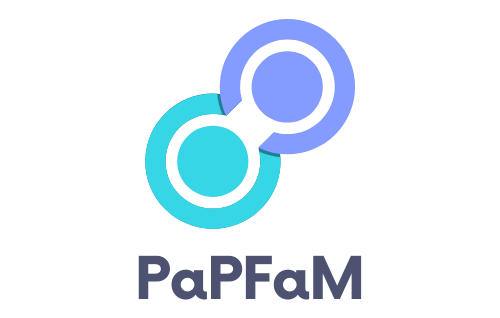Interpreters for disabled clients are needed across a range of fields, not just those that deal directly with the disabled. This is because they are the ones who can help the disabled to communicate. If the interpreter or the disabled person cannot communicate well, the interaction between them will be impeded. This is why interpreters must be able to understand the needs and wants of disabled people. They should also be familiar with the culture of the people they assist.
There are several types of interpreters:
deaf interpreters, hearing interpreters and bilingual interpreters. As the name suggests, deaf interpreters work with hearing impaired people. They are usually specialized in one particular field such as voice impairment, fluency or interpreting for the visually impaired. They must be able to understand and interpret the deaf’s words. Many interpreters for the deaf learn the local dialect in the area they work in. These agencies may also consider hiring interpreters from other countries as they are likely to have a good knowledge of a few languages.
Hearing interpreters deal with hearing disabilities. They assist the disabled individuals with conversations regarding education, employment, health or legal matters. They will interpret the individual’s hearing aids if there is a problem. They work in coordination with a speaker most of the time.

Those with physical limitations work with the hearing interpreter. They may need special equipment or they may not be able to hear certain words. As well as the words, they should be able to comprehend the meaning of these words and be able to convey it in understandable terms to the individuals they are helping. Many interpreters for disabled individuals are not aware of their rights and limitations. Employers also use these laws illegally to discriminate against disabled people.
There are three main types of interpreters:
power interpreters, visual impairment interpreters and oral interpreters. These interpreters communicate directly with the person with a disability. They must be familiar with the legal and medical issues that the person is dealing with. On the other hand, visual impairment interpreters are the ones who have to interpret verbally. The third type of interpreter is one that must combine both, meaning he must understand both the verbal as well as non-verbal messages being sent to him.
How do we find interpreters for disabled? The local telephone directory can assist you. Look for “wheelchair accessible” listings. Also ask your local hospital, schools, and labor unions. They often have a list of organizations that can assist you in the event of a disability or can refer you to agencies that can help you get work as an interpreter.
You can also search the telephone book for “wheelchair accessible signs and symbols”. You might start by calling your State’s Department of Labor and the disability bureau. Tell them what you are looking to hire interpreters for disabled people. They will usually refer you to a specialized agency who specializes in this field.
If you’re lucky, you will find yourself working with an organization that can provide you with a great many opportunities. Employers are becoming more aware of the importance of accommodating disabled employees. Ask your disability coordinator whether there is such a thing. It is possible to save time and money if you make your requests at the right times.
